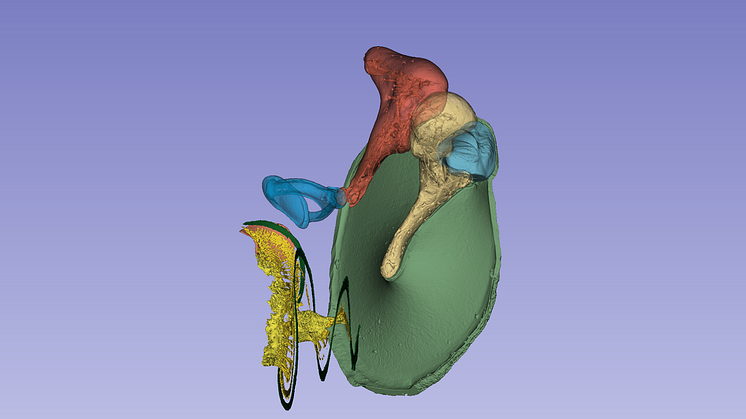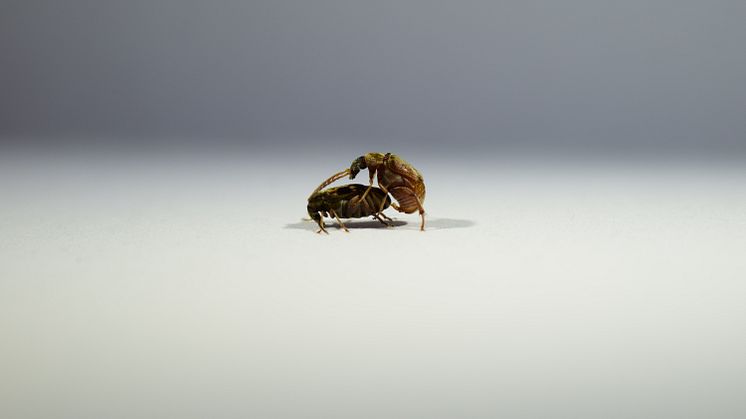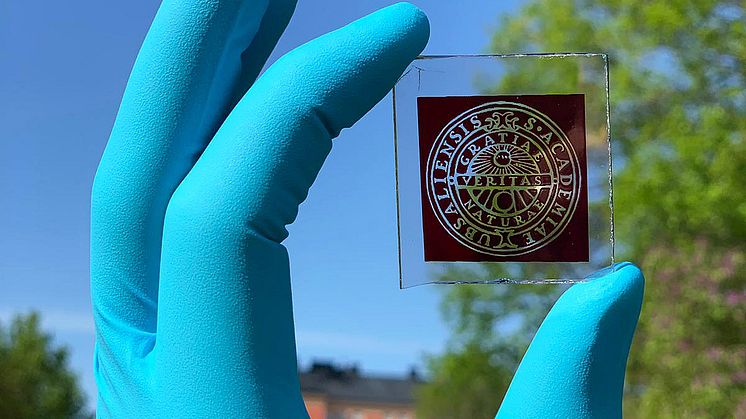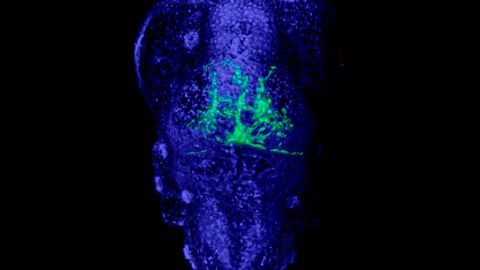Type 2 diabetes: Too much glucagon when α-cells become insulin resistant
Patients with type 2 diabetes secrete not only too little insulin but also too much glucagon, which contributes to poor blood glucose control. A new study from Uppsala University suggests that this is because the glucagon-secreting α-cells have become resistant to insulin.




